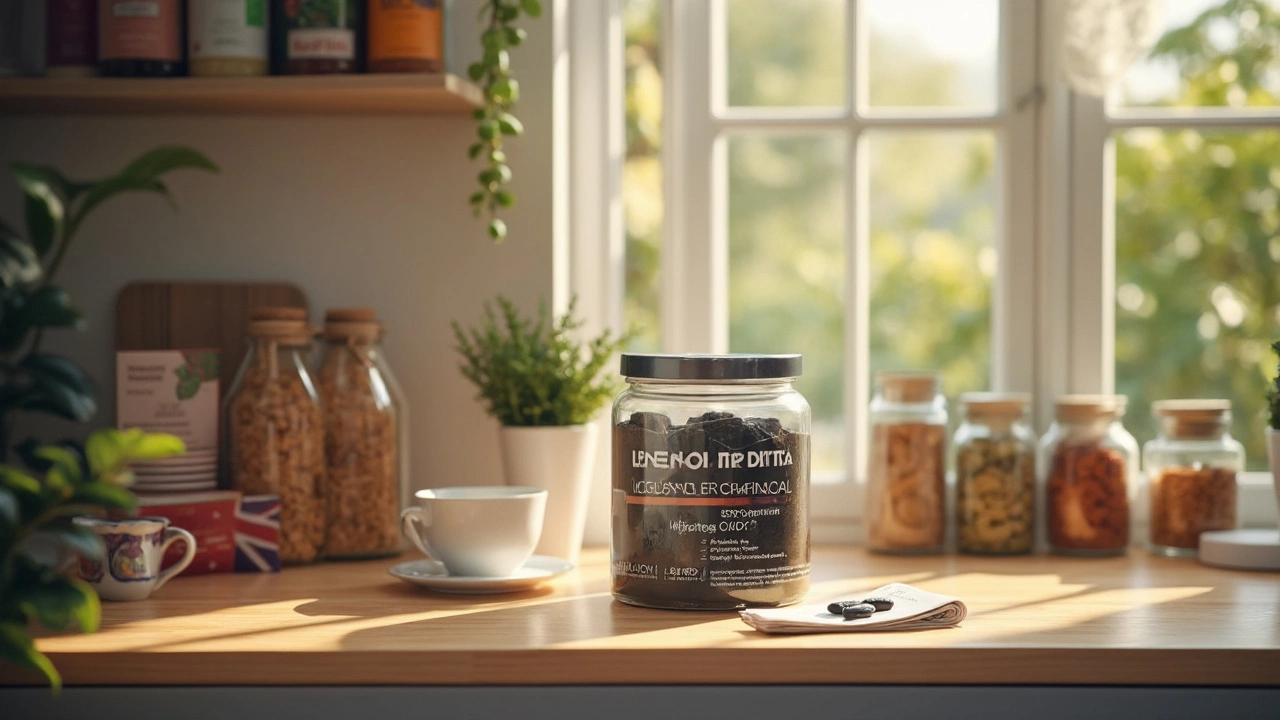Toxin removal means helping your body clear harmful substances like alcohol, pesticides, certain heavy metals, or industrial chemicals. Your liver, kidneys, lungs, skin, and gut all play a role. You don’t need expensive kits to support them, and you do need to be careful with some so‑called quick fixes. Below are simple, realistic steps and clear warnings so you can act smart.
Hydrate. Water helps kidneys filter waste. Aim for steady fluids across the day, not a single big gulp. Eat fiber‑rich foods like vegetables, fruits, beans, and whole grains. Fiber binds some waste in the gut and helps move it out. Prioritize cruciferous veggies (broccoli, kale) and colorful produce—these support liver enzymes that process toxins.
Sleep and move. Good sleep helps liver repair and hormone balance. Regular exercise boosts circulation and digestion. Sweating during exercise or sauna sessions can feel cleansing, and limited research shows sweat may remove small amounts of some chemicals—but sweating isn’t a guaranteed detox and won’t replace medical care if you’ve had serious exposure.
Cut back on alcohol, tobacco, and processed foods. Fewer added chemicals means less work for your liver and kidneys. Switch to a basic water filter if your tap quality is a concern, and wash or peel high‑pesticide produce when possible.
If you suspect poisoning, heavy exposure, or you have sudden symptoms (confusion, vomiting, severe weakness, fainting, trouble breathing), call emergency services or a poison control center right away. For known heavy metal exposure (lead, mercury), chelation therapy must be done by a doctor after proper testing. Do not try over‑the‑counter chelation or aggressive home cleanses—these can cause harm.
Avoid paid 'detox' cleanses that promise to flush toxins fast. Many are just laxatives, diuretics, or expensive supplements with little proof and real side effects. Colon cleanses, extreme fasting, and high‑dose single supplements can dehydrate you or change electrolytes. If you want to try a supplement, talk to your clinician about safety and interactions with any prescription meds.
Testing matters. Blood and urine tests can confirm levels of specific toxins. Hair tests are sometimes used for certain heavy metals but can be misleading without a clear clinical context. Ask a qualified clinician which test fits your situation.
Small changes add up: drink clean water, eat whole foods, sleep, move, avoid known exposures, and see a doctor for anything serious. If you want, check our articles on liver health, heavy metal risks, and safe medication use to learn more specific steps tailored to your situation.

Activated charcoal supplements have taken over bathroom cabinets and kitchen shelves for a reason—they're like little black sponges that claim to soak up toxins, ease stomach problems, and even freshen breath. But do these claims stand up to real-life use? This article breaks down how activated charcoal works inside the body, what it's actually good for, and what you should watch out for. Real tips and easy science help you decide if it's worth the buzz for your needs.